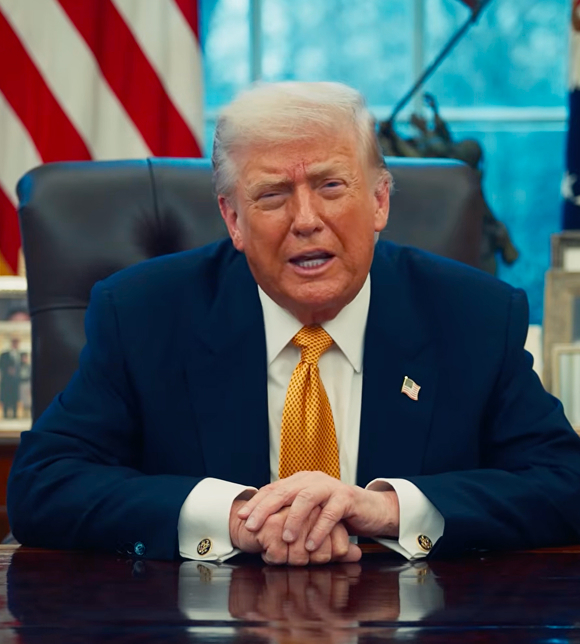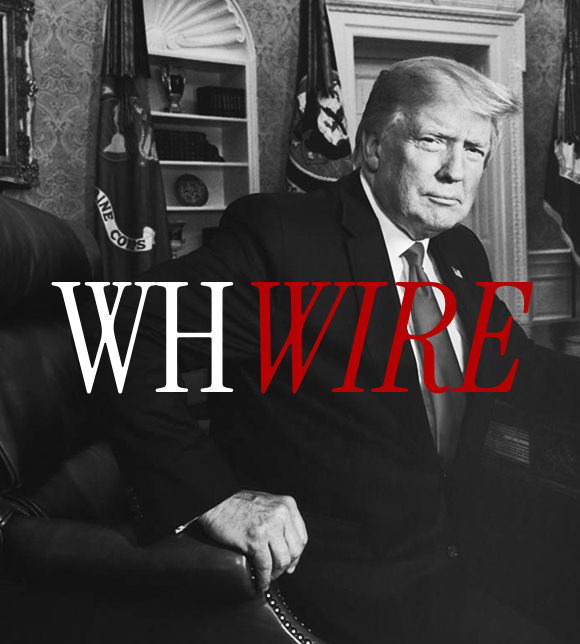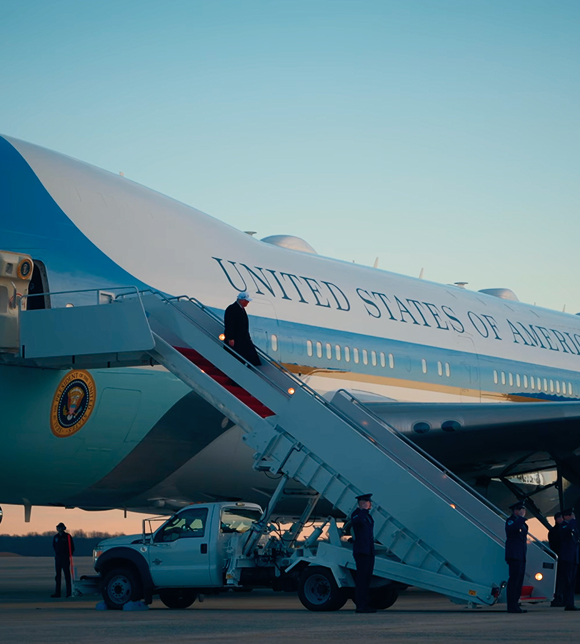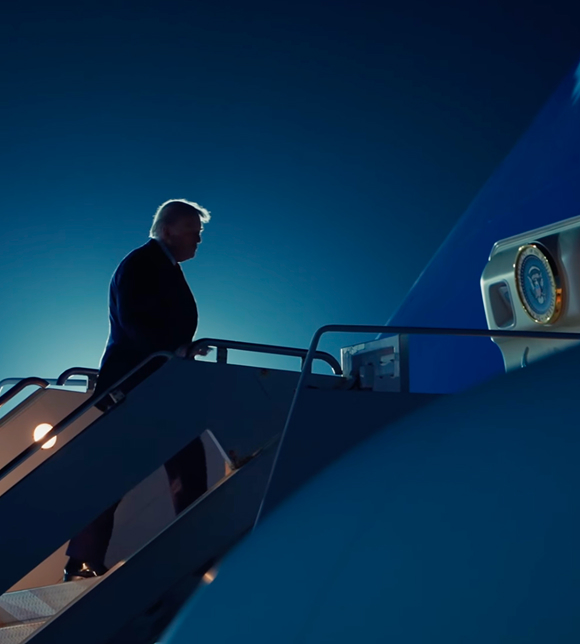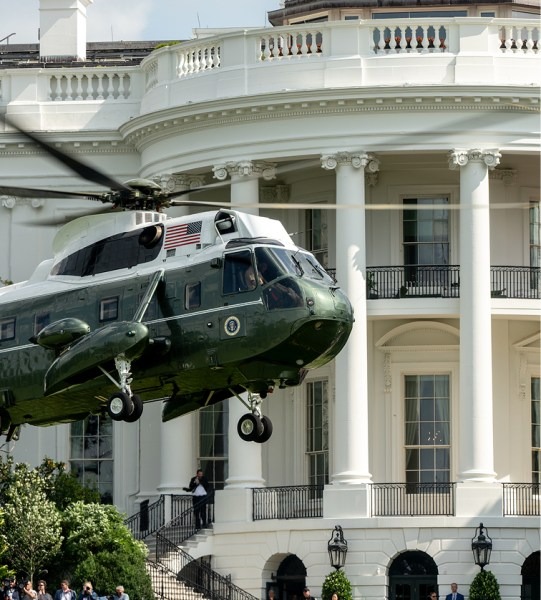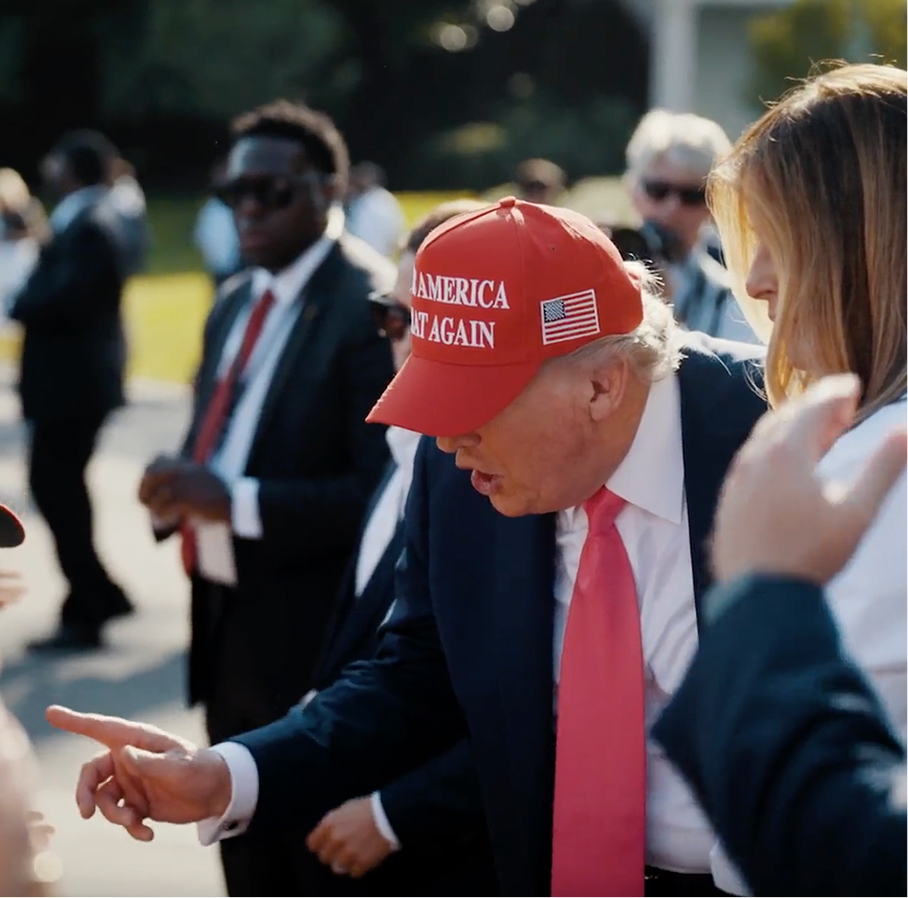JOINT STATEMENT ON FRAMEWORK FOR UNITED STATES-ECUADOR AGREEMENT ON RECIPROCAL TRADE
President Donald J. Trump and President Daniel Noboa affirm a shared vision of growth for both of our countries, grounded in democratic values, private initiative, and a rules-based environment for commerce and innovation. Seeking to strengthen our commercial and economic relationship, the United States of America (United States, or U.S.) and the Republic of Ecuador (Ecuador) have agreed to a Framework for an Agreement on Reciprocal Trade (Agreement) that will provide access to each other’s markets and increase alignment on economic and national security matters.
The Agreement will build upon longstanding economic engagement, including under the U.S.-Ecuador Trade and Investment Council Agreement, which was signed in 1990 and updated in 2020, expanding opportunities and fueling long-term growth.
Key terms of the Agreement between the United States and Ecuador will include:
- Tariffs: Ecuador has committed to reduce or eliminate tariffs in key sectors for the United States, including machinery, health products, ICT goods, chemicals, motor vehicles, and certain agricultural products. Ecuador also intends to establish tariff-rate quotas on a number of other agricultural goods. The United States commits to remove its reciprocal tariffs on certain qualifying exports from Ecuador that cannot be grown, mined, or naturally produced in the United States in sufficient quantities.
- Non-Tariff Barriers: The United States and Ecuador will work together to address Ecuador’s non-tariff barriers that affect trade in priority areas. Ecuador has committed to address such barriers, including, for example:
- Agriculture: Ecuador is reforming its import licensing and facility registration systems for food and agricultural products to enhance transparency and predictability and reduce onerous and unnecessary barriers to U.S. agricultural exports. Ecuador has committed to ensuring that market access will not be restricted due to the mere use of certain cheese and meat terms.
- Trade Facilitation: Ecuador will continue to advance trade facilitation measures, including by ending pre-shipment inspection mandates, establishing contingency plans for its Single Window, and expanding its Authorized Economic Operator program to include express delivery carriers within three months.
- Intellectual Property: Ecuador has committed to ensure transparency and fairness regarding geographical indications and to address issues identified in the Office of the United States Trade Representative’s 2025 Special 301 Report. The United States and Ecuador will continue to finalize commitments on international intellectual property treaties.
- Labor: Ecuador has committed to protect internationally recognized labor rights and strengthen enforcement of its labor laws. In addition, Ecuador will adopt and implement a prohibition on the importation of goods produced by forced or compulsory labor.
- Environment: Ecuador has committed to adopt and maintain high levels of environmental protection and to effectively enforce its environmental laws. Ecuador has also committed to take measures to improve forest sector governance and combat illegal logging; encourage a more resource efficient economy; fully implement the obligations of the World Trade Organization (WTO) Agreement on Fisheries Subsidies; strengthen enforcement of its fisheries-related measures; and combat illegal wildlife trade.
- Services: Ecuador has committed to not introduce new discriminatory barriers to services and remove barriers on advertising services.
- Digital Trade: Ecuador has committed to facilitate digital trade, including through commitments to not impose digital service taxes that discriminate against U.S. companies and to support adoption of a permanent moratorium on customs duties on electronic transmissions at the WTO.
- Economic and National Security: The United States and Ecuador are committed to strengthening economic and national security cooperation and enhancing supply chain resilience and innovation through complementary actions to address non-market policies as well as combatting duty evasion and cooperating on investment security and export controls.
The United States and Ecuador are working to finalize the Agreement, prepare the Agreement for signature, and undertake domestic formalities in advance of the Agreement entering into force. Given Ecuador’s commitments to take significant steps to advance a more reciprocal trade relationship, the United States will remove its reciprocal tariffs on certain qualifying exports from Ecuador to the United States.
The United States and Ecuador will review progress on implementation of the Agreement and continue close coordination on trade and investment matters through their Trade and Investment Council.
